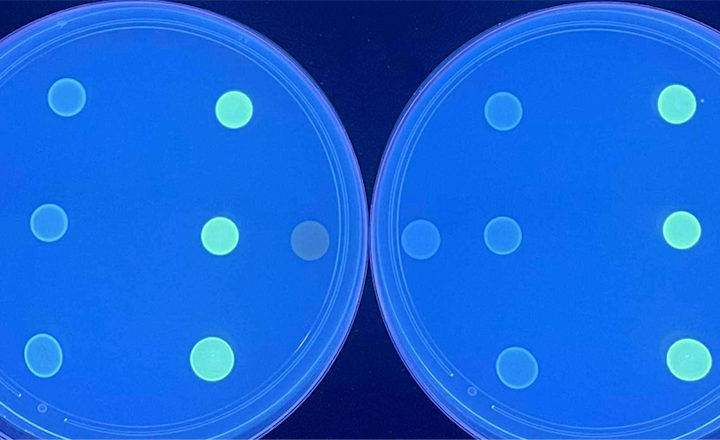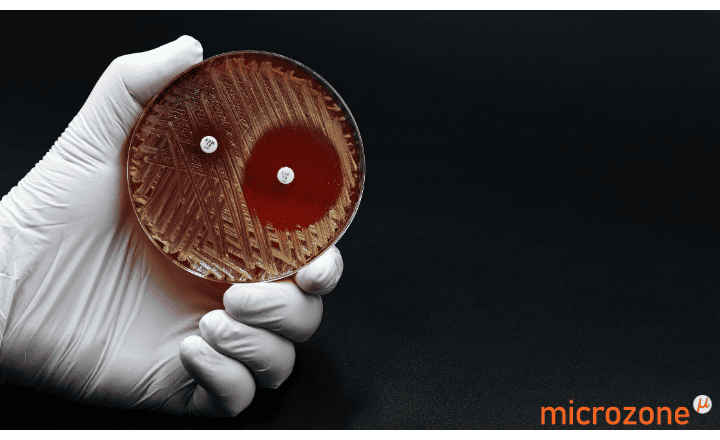MicrobioSeq represents the microbial genomics division of CD Genomics, headquartered in New York, USA. CD Genomics MicrobioSeq is committed to delivering comprehensive microbial solutions to human health, agriculture, the environment, and industry by characterizing microbiomes and leveraging microorganisms. The company has recently announced the launch of PCR-based microbial antibiotic resistance gene analysis service to help researchers develop new antimicrobial medicines to address the worldwide threat of antibiotic resistance.
The emergence and spread of drug-resistant pathogens that have acquired new resistance mechanisms, leading to antimicrobial resistance, continues to threaten to impair our ability to treat common infections. There is concern that the rapid global spread of multi-drug-resistant and pan-drug-resistant bacteria (also known as "superbugs") may render some infections untreatable with existing antimicrobial drugs such as antibiotics.
Antimicrobial resistance (AMR) takes a huge toll on a nation's economy and its health system, prolonging hospital stays, leading to the need for more expensive intensive care, and reducing the productivity of patients or their caregivers. Without effective tools to prevent and adequately treat drug-resistant infections, and to improve access to existing and new quality-assured antimicrobials, the number of people who fail treatment or die from infections will increase.
Genetic classification of the processes of resistance is important for active surveillance and infection control. Because antibiotics are frequently chosen to control and treat infectious diseases, the appearance and properties of specific β-lactamases play an important role in antibiotic therapy selection.
For quantitative analysis of gene copy number (gene dosage) or the occurrence of mutated genes in remodeling cell lines, qPCR assays are common in research laboratories. qPCR assays can be used in conjunction with reverse transcription PCR (RT-PCR) to accurately quantify changes in gene expression by assessing changes in cellular mRNA levels.
“qPCR is an effective genotyping and gene expression assessment method. As of now, qPCR tests with an expanding and increasing list of targets from a greater sample size, all with more technical replicates, are becoming more and more intricate. In order to manage the transmission of bacteria, identifying resistance systems is vital and can enable us to identify the best therapeutic solutions for patients,” said the Chief Scientist of CD Genomics.
“In identifying these processes, nucleic acid tests complement standard culture susceptibility testing. CD Genomics utilizes qPCR, including the extraction of DNA from bacterial cells, genetic material amplification, and successive identification using qPCR methods, for microbial antibiotic resistance gene analysis,” he added.
Visit CD Genomics or click on the Request Information button below






















